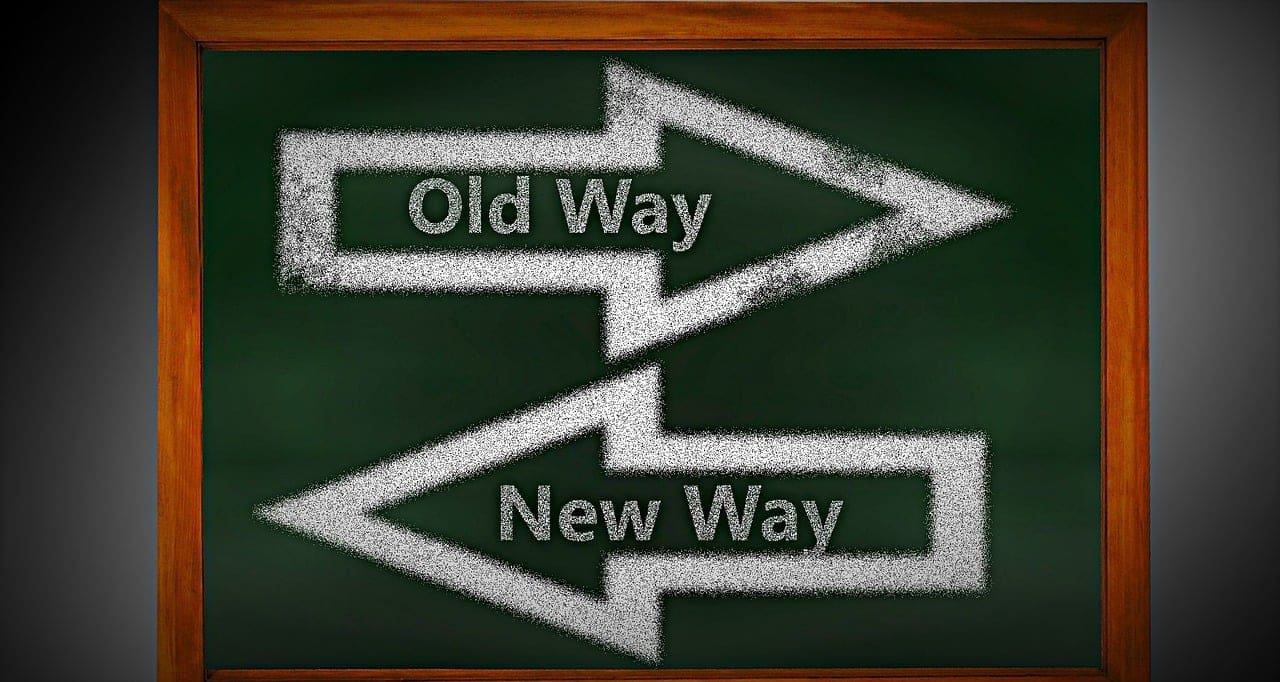
Sales Skills: The Changing Landscape
Sales Skills: The Changing Landscape
Successful salespeople are navigating an ever more complex sales environment these days. Salespeople carry many hats, from detectives and explorers to thought leader and industry experts. Some skills like high level communication abilities will always be needed. Here is a quick look at some skills less needed in today’s landscape and some tried and true keepers.
No Longer Relevant:
Cold Calling: Traditional cold calling techniques have lost effectiveness due to caller ID, spam filters, and changing communication preferences. Building relationships through other channels is usually more valuable. However,using a broad brushstroke if cold calling is defined as being willing to reach out to untouched prospects with a more strategic approach than “cold calling” is still valid. Most companies are integrating sales and marketing into a single strategic approach with lead gathering being the mission of everyone in the company and not just salespeople. However successful salespeople never stop reaching out in a wide variety of ways and leveraging their companies’ marketing assets to their best advantage, in other words, they don’t wait for leads.
Hard Selling: Pushy sales tactics are less effective. Today’s buyers seek consultative, value-driven interactions rather than aggressive sales pitches. In fact todays’s buyers want to learn something from salespeople and rely on salespeople to bring much more to the table than mere product knowledge. Hard sales tactics of close now or never often leads to both bad results for parties.
Product-Centric Approach: Focusing solely on product features isn’t enough. Buyers want solutions that address their specific needs and pain points. Even if you sell a product that is superior customers still want your overall value and ongoing partnership. Products come and go but relationships can remain for long periods of time.
Rigid Sales Scripts: Memorized scripts feel robotic. Authentic conversations tailored to each prospect are essential. In this regard, a salesperson with a wide array of knowledge on many subjects and a mastery in the industry they sell in will go a long way to yield long term results. Buyers want to buy from people they trust and people they like and rigid sales scripts will not get you to either.
Still Relevant Today:
Active Listening: Understanding customer needs remains crucial. Effective salespeople actively listen, ask questions, and adapt their approach accordingly.
Active listening means just that, listening. Great salespeople don’t need to do most of the talking, they ask questions that produce insights into their prospects company and many times personal needs. Questions do not need to be singular, it is good to ask whether a prospect can explain further and prompt them to reveal more, the more they reveal, the better solution you can provide to them and the higher your chances of closing the business.
Relationship Building: Building trust and rapport is timeless. Strong relationships lead to repeat business and referrals. You don’t need to be best friends with all your clients but you will be surprised at how many will become friends if they know you genuinely care about them and what they are trying to achieve. Giving your clients service that is above and beyond “the normal” will build amazingly long lasting and profitable relationships.
Adaptability: In a VUCA(Volatility, Uncertainty, Complexity and Ambiguity) world, salespeople must adapt to changing circumstances, technologies, and market dynamics. Look no further than the Large Learning Models of Chat GPT and others and Machine Learning to understand the world can change on a dime. More than any time in history salespeople need to be comfortable with adapting to changing environments and to do so with a positive and willing attitude.
Emotional Intelligence: Understanding and managing emotions—both your own and your customers’—is vital for successful sales interactions. Successful salespeople understand the ups and downs and the ebb and flow of selling, never over celebrating wins or being demoralized by defeat. Losing is a very critical component in learning and adapting. Improving sales skills and knowledge is a lifelong pursuit.
Lifelong Learning: Great salespeople never stop learning and not only on the product or service they represent but in a great many subject areas. It is critical to devote part of each day learning something new and it will not only pay off but become a ritual that you will look forward to. The world is moving to quickly to think you ever know it all because you never will and let’s face it, learning new things is fun.
Remember, while some skills evolve, the essence of effective sales—understanding customer needs, building relationships, and adapting—remains constant. This list of course is nocomplete but is something to consider about those skillsets that never seem to fade.
